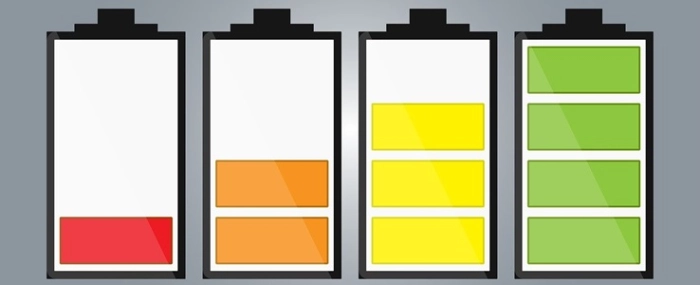
Eye on China, US awards $3 billion for domestic EV battery production
The latest awards bring to nearly USD 35 billion total US investments to boost domestic critical minerals and battery supply chains.
The US government is awarding more than USD 3 billion to domestic companies to boost the production of advanced batteries and other materials used for EVs as part of continuing attempts by the Biden administration to counter China’s dominance in battery production.
The grants will fund 25 projects in 14 states, including Michigan, North Carolina, Ohio and Texas, according to a report by the Associated Press.
The grants mark the second round of EV battery funding under an infrastructure law approved in 2021. An earlier round allocated USD 1.8 billion for 14 projects.
The money is part of a larger effort by the Biden administration to bolster production and sales of EVs as an important element of their strategy to slow climate change and shore up US manufacturing.
“Today’s awards move us closer to achieving the administration’s goal of building an end-to-end supply chain for batteries and critical minerals here in America, from mining to processing to manufacturing and recycling, which is vital to reduce China’s dominance of this critical sector,” White House economic adviser Lael Brainard said.
The Biden-Harris administration is “committed to making batteries in the United States that are going to be vital for powering our grid, our homes and businesses and America’s iconic auto industry,” Brainard told reporters.
The latest awards bring to nearly USD 35 billion total US investments to boost domestic critical minerals and battery supply chains.
“We’re using every tool at our disposal, from grants and loans to allocated tax credits,” she said, adding that the administration’s approach has leveraged more $100 billion in private sector investment since Biden took office.
In recent years, China has cornered the market for processing and refining key minerals such as lithium, rare earth elements and gallium, and also has dominated battery production, leaving the US and its allies and partners vulnerable, Brainard said.
